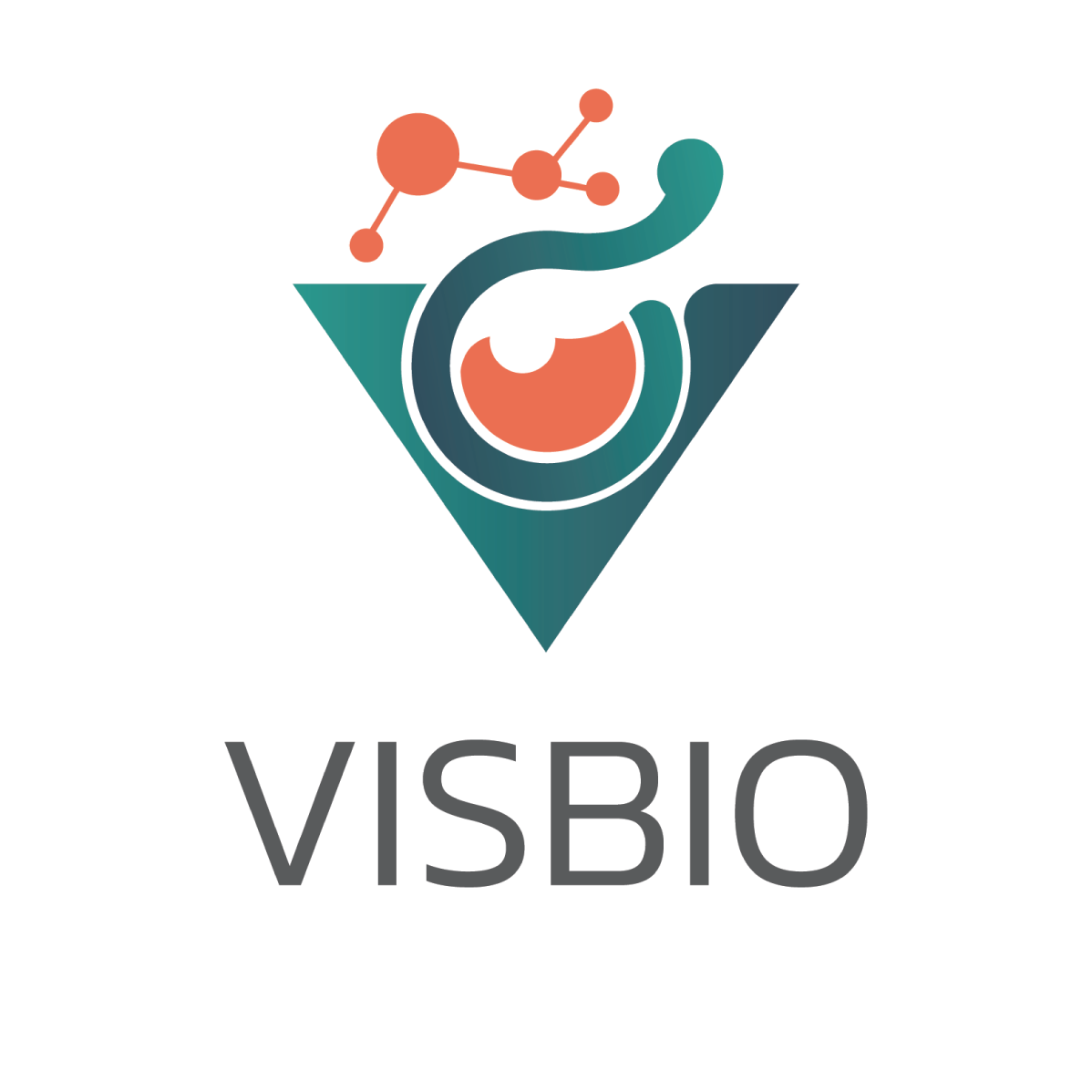The COVID-19 pandemic has led to an unprecedented global health crisis, pushing researchers to explore both synthetic and natural compounds as potential therapeutics. Natural compounds like berberine, a well-known plant alkaloid, have attracted significant attention due to their broad spectrum of biological activities, including antiviral properties. Identifying effective inhibitors of the SARS-CoV-2 main protease (Mpro), an essential enzyme for viral replication, is a crucial step in the development of targeted COVID-19 treatments.
In a recent study titled “Investigation of berberine and its derivatives in SARS-CoV-2 main protease structure by molecular docking, PROTOX-II and ADMET methods: in machine learning and in silico study,” researchers, including Associate Professor Dr. Kiattawee Choowongkomon, utilized advanced computational techniques to assess the potential of berberine and its derivatives as inhibitors of the SARS-CoV-2 main protease. Published in Computational Biology Journal (2023) with the DOI 10.1186/s12918-023-01967-4, the study combines molecular docking, PROTOX-II toxicity prediction, and ADMET analysis to identify promising candidates for COVID-19 therapy.
Understanding the Role of SARS-CoV-2 Main Protease in Viral Replication
The SARS-CoV-2 main protease (Mpro), also known as 3CLpro, is a crucial enzyme that plays a key role in the viral life cycle by processing the polyproteins that are essential for the virus’s replication and transcription. Inhibiting this enzyme can effectively block the virus from multiplying, making it a prime target for drug development.
Berberine, a natural compound derived from plants like Berberis species, has long been used in traditional medicine for its antimicrobial, anti-inflammatory, and antiviral properties. This study aims to evaluate the effectiveness of berberine and its structurally modified derivatives in binding to and inhibiting SARS-CoV-2 Mpro using in silico approaches.

Molecular Docking and In Silico Analysis of Berberine Derivatives
The study employed molecular docking techniques to simulate the interaction between berberine derivatives and the SARS-CoV-2 Mpro enzyme. This computational method allows researchers to predict how well a molecule fits into the active site of the target protein, indicating its potential as an inhibitor.
Several derivatives of berberine showed high binding affinities to the Mpro enzyme, suggesting that they could effectively block the enzyme’s activity. The docking scores indicated that modifications to the chemical structure of berberine could enhance its inhibitory effects, improving its potential as an antiviral agent. These findings highlight the versatility of berberine derivatives in targeting key viral proteins, providing a foundation for developing natural COVID-19 treatments.
Toxicity Prediction and ADMET Analysis: Ensuring Safety and Efficacy
One of the critical aspects of drug development is ensuring that potential treatments are not only effective but also safe for human use. The study utilized PROTOX-II and ADMET (Absorption, Distribution, Metabolism, Excretion, and Toxicity) analyses to predict the safety profile of berberine derivatives.
- PROTOX-II analysis provided insight into the potential toxicity levels of each compound, categorizing them based on their lethal dose (LD50) values.
- ADMET analysis assessed the pharmacokinetic properties of the compounds, evaluating how they are absorbed, distributed, metabolized, and excreted in the body.
The results indicated that most berberine derivatives possess favorable ADMET profiles, with low toxicity levels and high bioavailability. This suggests that these compounds not only have the potential to inhibit SARS-CoV-2 Mpro effectively but also offer a safer therapeutic profile compared to many synthetic drugs currently in use.
Machine Learning Enhancements in Drug Discovery
A unique aspect of this study was the incorporation of machine learning techniques to refine the selection of berberine derivatives with the highest therapeutic potential. By analyzing the chemical properties and docking scores of numerous derivatives, machine learning algorithms helped identify patterns that predict the most promising candidates for further development.
This data-driven approach allows for a more targeted exploration of compound libraries, reducing the time and cost associated with drug discovery. The combination of machine learning with traditional in silico techniques represents a significant advancement in the field of antiviral research, providing a robust framework for identifying effective natural inhibitors of SARS-CoV-2.
Natural Antivirals: Berberine’s Potential Beyond COVID-19
Berberine has been widely studied for its effects on a variety of pathogens beyond SARS-CoV-2, including bacterial, fungal, and viral infections. Its broad-spectrum antiviral activity makes it a valuable candidate not only for COVID-19 treatment but also for future pandemics involving different viral strains.
The study’s focus on structurally modified derivatives of berberine opens up new avenues for enhancing its efficacy against a range of viral targets. The versatility of this compound in modulating immune responses and disrupting viral replication pathways positions it as a critical tool in the development of natural antiviral therapies.
What Does This Mean for Your Business?
For companies in the pharmaceutical and biotechnology sectors, the identification of berberine and its derivatives as natural inhibitors of SARS-CoV-2 Mpro represents a strategic opportunity. The global demand for effective antiviral agents, particularly those that are derived from natural sources, is at an all-time high.
Investing in the development of berberine-based antiviral treatments could position your business as a leader in the next generation of natural therapeutics. Collaborating with research experts like Dr. Kiattawee Choowongkomon to explore the full potential of berberine in antiviral applications can accelerate the path to market, offering breakthrough products that cater to the increasing demand for safe, natural health solutions.

Shaping the Future of Antiviral Drug Development
The integration of machine learning and in silico methods in this study marks a transformative step in antiviral drug development. By leveraging the power of berberine and its derivatives, along with advanced computational techniques, this research sets the stage for innovative strategies in combating viral infections.
The potential to develop a natural antiviral treatment that targets the SARS-CoV-2 main protease could revolutionize the way we approach viral epidemics, providing a more sustainable and adaptable solution. As the global health community continues to seek out new and effective treatments, the insights gained from this study could pave the way for more personalized and targeted antiviral therapies.
Partner with Us for Innovative Natural Antiviral Solutions
We invite companies in the pharmaceutical and nutraceutical sectors to collaborate with us in developing berberine-based antiviral products. Contact us for a free consultation to explore how your business can leverage this groundbreaking research to create next-generation natural therapies that address the challenges of viral infections.

About the Author:
Associate Professor Dr. Kiattawee Choowongkomon is a leading expert in natural product drug discovery and molecular docking techniques, with a focus on developing antiviral therapies from plant-derived compounds. His research bridges the gap between traditional medicine and modern pharmacology to create innovative health solutions.
About the Research:
This study, titled “Investigation of berberine and its derivatives in SARS Cov-2 main protease structure by molecular docking, PROTOX-II and ADMET methods: in machine learning and in silico study,” was published in Computational Biology Journal (2023) with the DOI 10.1186/s12918-023-01967-4. It highlights the potential of berberine derivatives as natural inhibitors of SARS-CoV-2 and their application in antiviral drug development.


